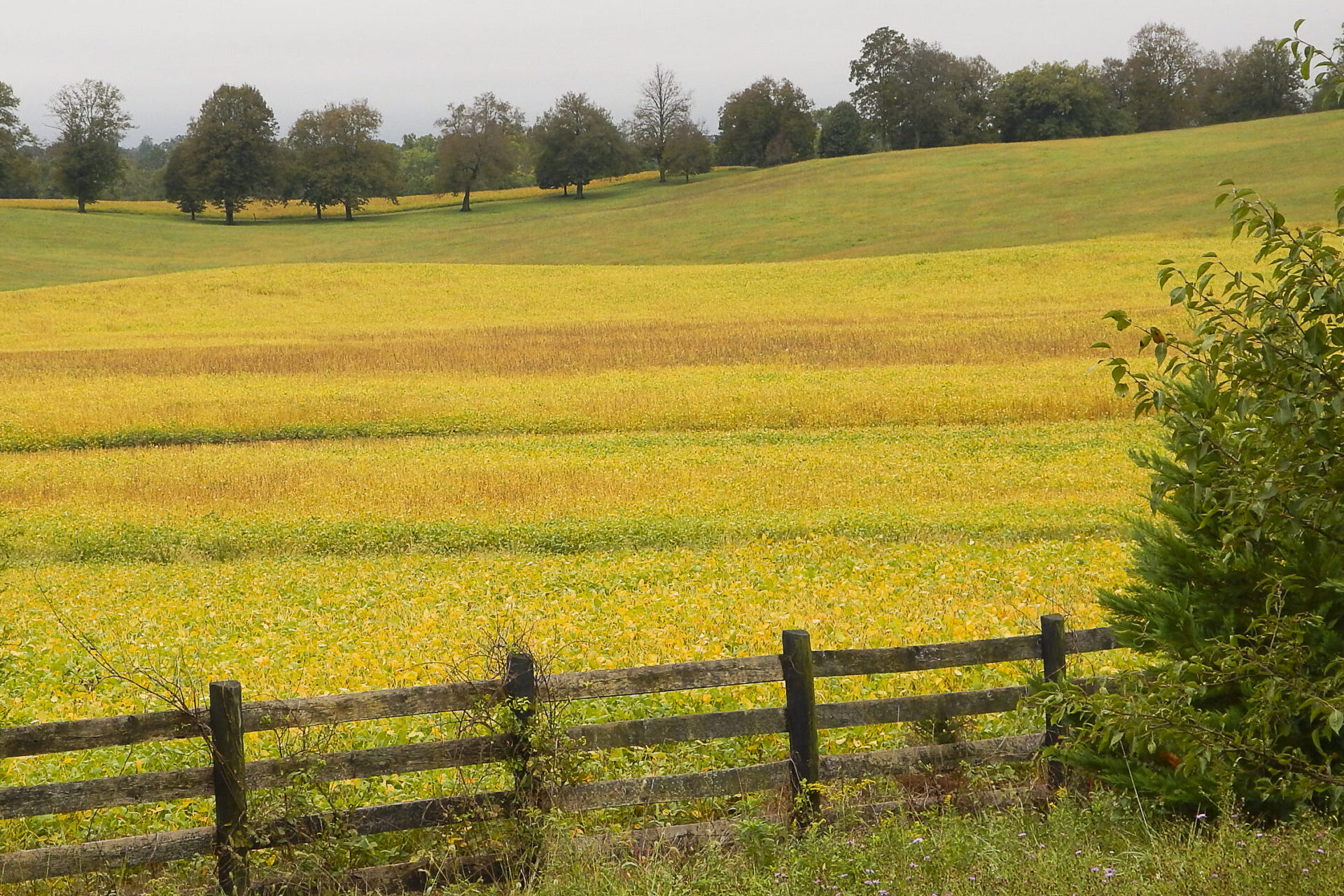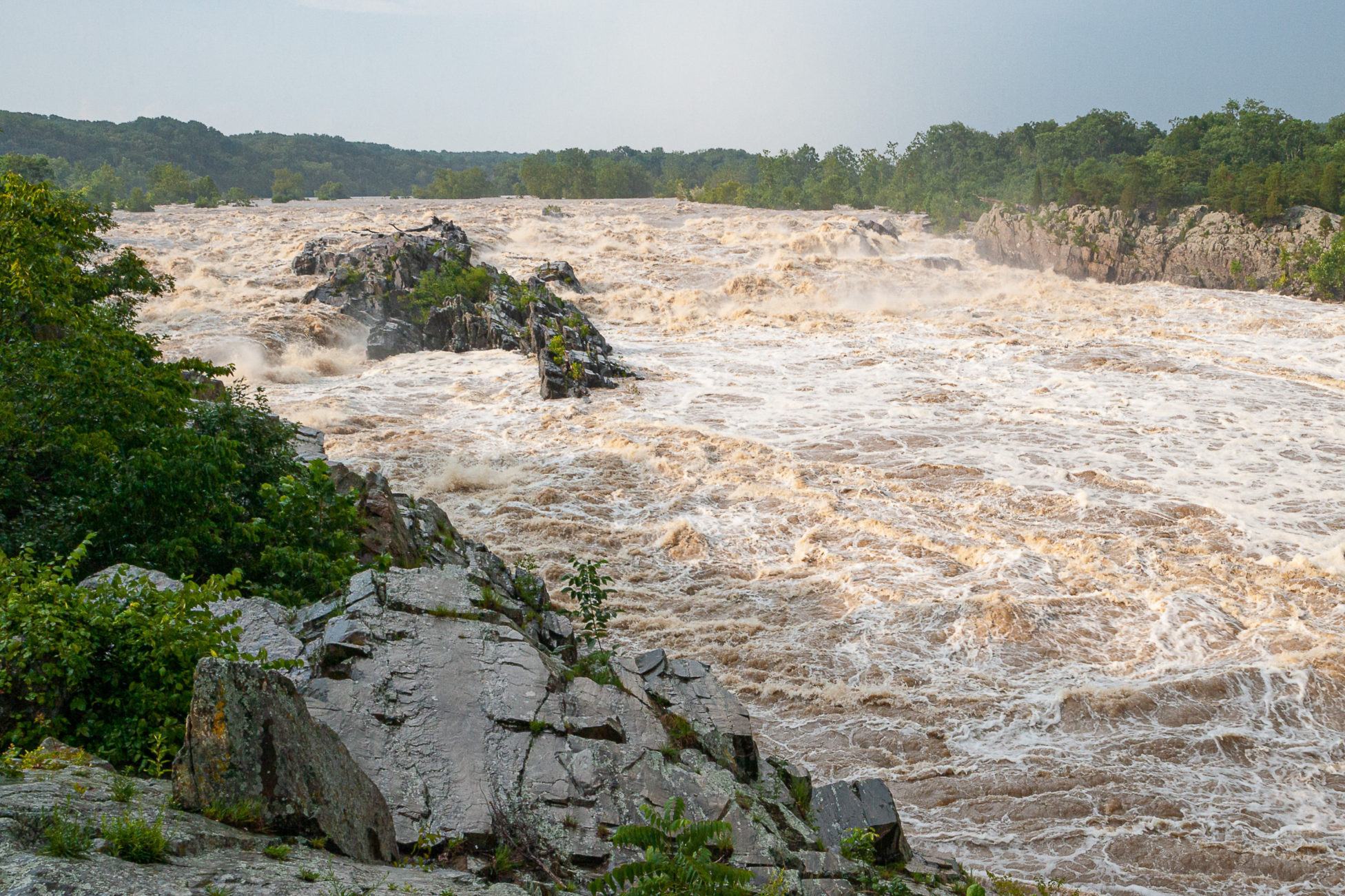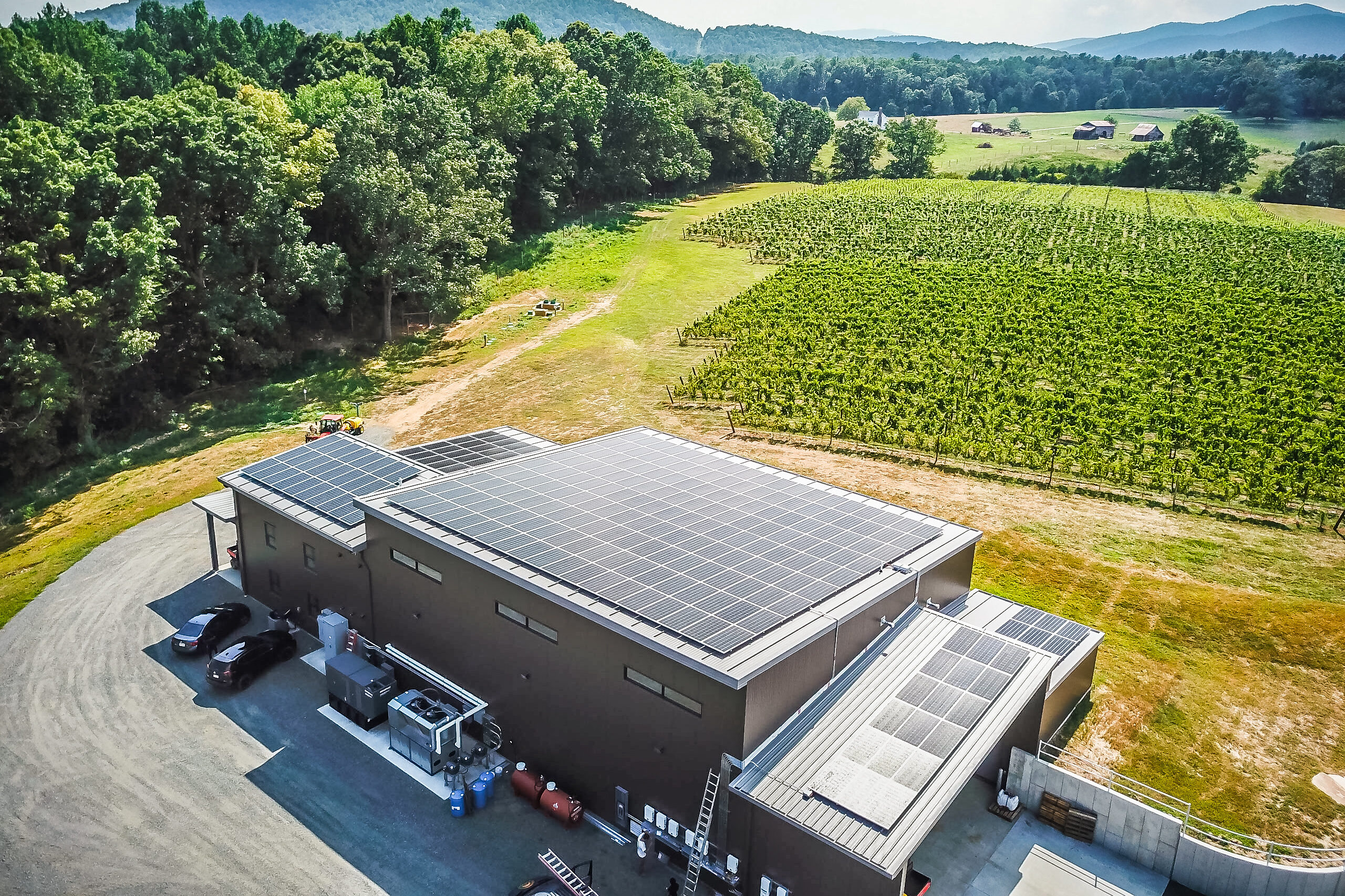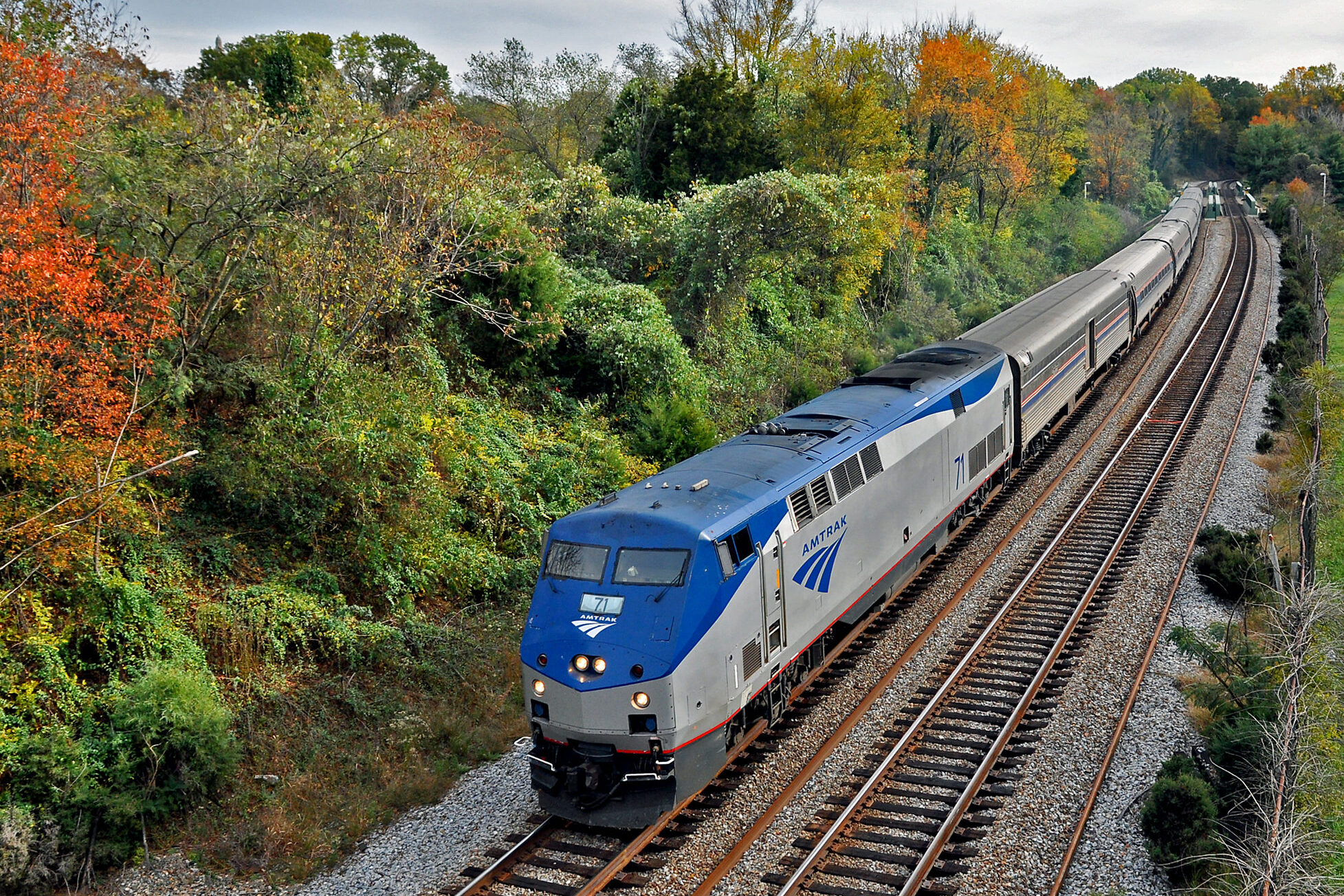Water Policy: Review of the 2022 General Assembly
Welcome to Virginia Conservation Network’s review of Water Policies from the 2022 General Assembly session. This session, VCN tracked over 200 pieces of legislation and took a position on 122 bills. This year, changes in state leadership kept the conservation community on the defensive as we fought to protect our clean energy and climate policy progress we have made over the last few years. VCN opposed 32 pieces of legislation, and thanks to the highly-coordinated, strong advocacy from our partners we are proud to see 29 of those opposed bills defeated. Despite the increased opposition compared to previous years, VCN and our partners continued to advocate and support the development of strong conservation policy. Of the 80 bills which VCN supported, 33 bills are headed to the Governor’s desk to be signed into law! To see the status of all of VCN’s tracked legislation and the policy outcomes, see our updated Bill Tracker.
VCN advocated for over 30 pieces of water policy this session. With support from our Partners, we successfully defeated a handful of bad bills which would have weakened water protections and diverted flood funding away from those who need it. VCN supported 27 water bills, 12 of which are on their way to become law. See all positions and the outcomes of these bills in our Water Bill Tracker below.
SUCCESSFUL WATER POLICY
Flood Resilience
HB516 (Bulova), HB517 (Bulova), HB520 (Bulova), HB845 (Bulova), HB847 (Bloxom), HB1309 (Bulova), SB508 (Lewis), SB551 (Marsden)
In recent years, Virginia’s leadership has taken important steps to reduce flood risk and build flood resilience. Virginia joined the Regional Greenhouse Gas Initiative and designated 45% of proceeds to the statewide Community Flood Preparedness Fund (CFPF). The Commonwealth also released the Coastal Resilience Master Plan this past year to increase coastal protection and plan for climate change.
To further protect Virginians from flood risks, our Partners at the Chesapeake Bay Foundation led support for a comprehensive suite of bills to integrate statewide flood planning and implementation across the Commonwealth. Despite attacks on RGGI, we successfully defended our sole source of funding for the CFPF while advancing several bills to strengthen our Coastal Resilience Master Plan and flood resilience. See all of our flood resiliency bills in our Bill of the Day post.
As session comes to a close, we are excited to see many of our supported flood resiliency bills pass through the General Assembly thanks to advocacy from our Partners at CBF, EDF, SELC, Friends of the Rappahannock, and Wetlands Watch.
Looking forward, Virginia can further improve flood resilience and mitigation efforts by continuing to fund projects through the Community Flood Preparedness Fund (CFPF) grant process. The CFPF is now taking its third round of grant applications from localities to advance flood resilience planning, studies, and projects through April 8th, 2022. For more information and guidelines to apply, see an overview of the CFPF from Wetlands Watch.
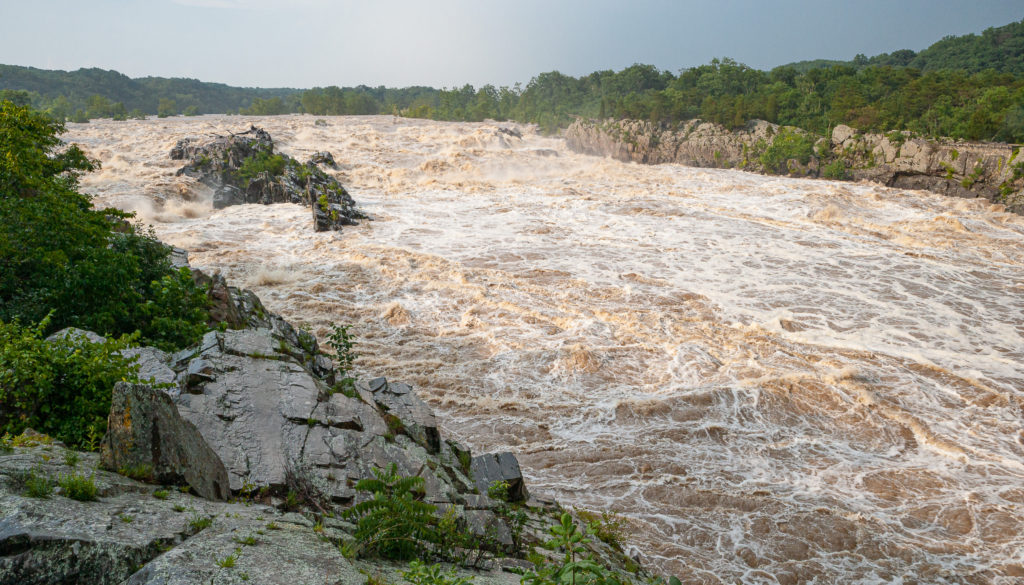
Great Falls at flood level at Great Falls Park, Virginia. Image credit – Roy Sewall
Virginia’s Scenic Rivers
HB28 (Campbell), HB49 (Fariss), HB1223 (Avoli). SB292 (Deeds)
Thanks to advocacy from Scenic Virginia and the James River Association, 44 miles of the James River, 23 miles of the Maury River, and 9 miles of the Shenandoah River will soon be added to the Virginia Scenic Rivers Program! This will bring the James River scenic designation up to about 100 miles. In total, there are 33 river segments covering 900 miles of river in the Virginia Scenic Rivers Program.
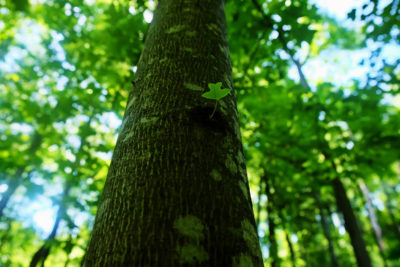
Tulip Polpar (Liriodendron tulipifera). Image credit: Sarah Kohrs
Conserving Tree Canopy
HB1317 (Hope), HB1346 (Bulova), SB537 (Marsden)
Recent data suggests that 50,000 acres of Virginia’s forests and tree canopy are lost each year. This tree canopy loss, particularly in urban and suburban localities, hinder Virginia’s ability to reduce stormwater runoff and achieve its commitment to restore the Chesapeake Bay by 2025.
Led by Chesapeake Bay Foundation, VCN supported a series of bills which extend statewide the authority for localities to develop tree canopy programs; programs that require developers to preserve or plant trees that are, or would be, lost because of development. Ultimately, Marsden’s Senate bill passed the General Assembly. The legislation will prioritize on-site tree preservation and replanting but affords some opportunities to meet canopy requirements in nearby under-resourced communities—including formerly redlined neighborhoods—to help offset urban heat islands.
Reducing Runoff from our Water Infrastructure
HB769 (Hodges), HB1067 (Scott), SB355 (Stuart)
Virginia’s leaking and failing water infrastructure, such as septic systems and water treatment plants, are a threat to human health and water quality in our communities. With support from our Partners at Friends of the Rappahannock, we successfully passed a series of bills which improve Virginia’s water treatment infrastructure. These laws will reduce the amount of pollutants discharged into our rivers, streams, and the Bay.
Water Policy to Pursue in 2023
Reducing Plastic Waste
HB647 (Carr), HB826 (Hope)
Last session, our Network successfully passed legislation to reduce plastic waste. It is now illegal to intentionally release balloons, one of the top litter debris found in Virginia’s beaches, and started to phase out the use of styrofoam as a take-out container.
This session, our Partners worked to further decrease our plastic waste. Delegate Carr’s Packing Stewardship Program and Fund would make manufacturers – not individuals or taxpayers – responsible for the collection and proper recycling of packaging materials at the end of their useful lives. This incentivizes producers to design their products to be more environmentally friendly throughout their lifecycle.
In Virginia, bottles and cans account for nearly 22% of all litter. To combat this, Delegate Hope introduced a Bottle Bill, a policy implemented in other states which uses bottle deposits to incentivize consumers and retailers to reduce litter, which also leads to increased recycling rates, reduced energy use, and a reduction in greenhouse gas emissions. In states with container deposit bills, bottles and cans account (on average) for 8.69% of the total litter – significantly less than in Virginia.
Unfortunately, both bills were quickly defeated in the House. While we’re disappointed to see these bills die, Reducing Single-Use Plastics, Litter, & Marine Debris in Virginia is a key policy goal in Our Common Agenda that we will continue to pursue in future General Assembly sessions.
Keeping Our Water Free of Chemicals & Pollution
HB250 (Edmunds), HB393 (Graves), HB899 (Lopez), HB949 (Tran), HB959 (Tran), HB1011 (Guzman) HB1200 (Ware), HB1228 (Willett)
Throughout the Commonwealth, thousands of manufacturers and other businesses store, ship, or spread hazardous chemicals and pollutants. Industrial toxins and pollution runoff are a threat to our environment and our health — they can pollute the air we breathe, leach into our soils, and contaminate our drinking water. Many of these toxins have been linked to cancer, infertility, and other serious health impacts, yet they remain unregulated in the Commonwealth. This session, our Network took action to prevent pollution from contaminating our rivers, streams, and creeks. Despite wide support and many opportunities to reduce water pollution, we are disappointed to see strong water policy die in the House of Delegates. VCN and our Partners will continue to advocate for clean water protections.
The James River Association led support for a series of these water protection bills which reduce our risk from toxic water pollution in numerous ways, including: creating a study to determine the level of toxic “forever chemicals,” PFAS, in water; improving regulation of above-ground storage tanks to reduce the risk of chemical spills; and sharing information about water contamination more clearly with the public.
Delegate Tran carried a bill with support from the Chesapeake Bay Foundation which aimed to reduce dangerous chemical pollution from an unexpected source: driveway sealant. Coal Tar is used in some driveway sealants, and contains over 1,000 times more PAHs than similar asphalt-based products. Behind the “forever chemical,” PFAS, the Chesapeake Bay Program has prioritized PAHs as the second worst toxic contaminant to human health. According to the USGS, the excess cancer risk for people living adjacent to coal-tar-seal coated pavement was 38 times higher, on average, than for people living adjacent to unsealed pavement.
Delegate Edmund’s bill would have paused metal mining in Virginia to allow time to analyze and update old mining regulations. Updating regulations for metal mining will minimize the risk of toxic contamination of our water supply and protect public health.
The defeat of this series of water policy is a disservice to our health and environment. VCN and our Partners will continue to advocate for the health of our water and people. See the “Pollution Prevention” chapter of Our Common Agenda to see some of our policy goals, which we will continue into the 2023 legislative session.
More 2022 General Assembly Policy Reviews
See policy reviews for our other issues areas from the 2022 General Assembly session below:

